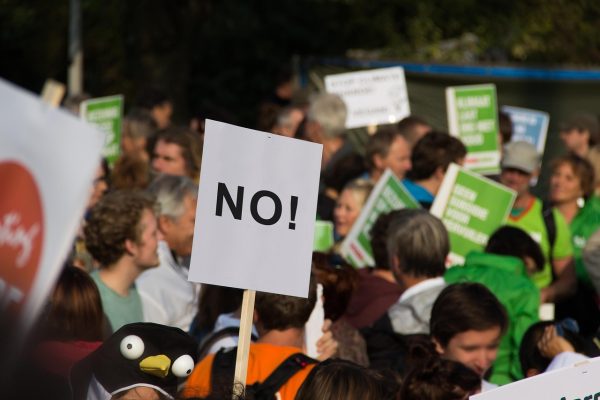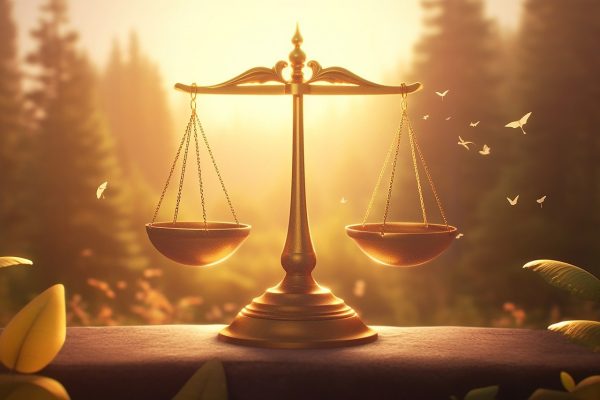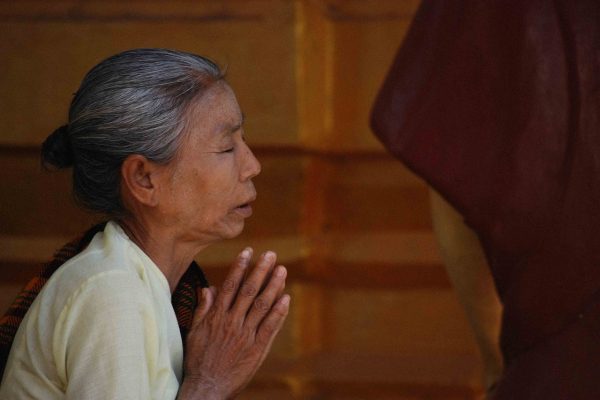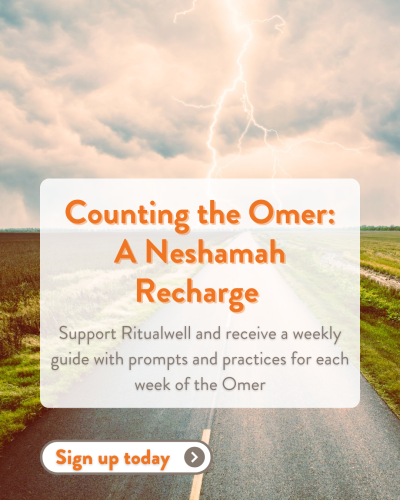We are Here: Parashat Shemot 5780
A Jewish Gathering before the Women’s March
Philadelphia, January 18th, 2020
[SING]
,זאָג ניט קיין מאָל, אַז דו גייסט דעם לעצטן וועג
.כאָטש הימלען בלײַענע פֿאַרשטעלן בלויע טעג
– קומען וועט נאָך אונדזער אויסגעבענקטע שעה
!ס׳וועט אַ פּויק טאָן אונדזער טראָט: מיר זײַנען דאָ
zog nit keyn mol, az du geyst dem letstn veg,
khotsh himlen blayene farshteln bloye teg.
kumen vet nokh undzer oysgebenkte sho,
s’vet a poyk ton undzer trot: mir zaynen do!
Never say that you have reached the very end,
When leaden skies a bitter future may portend;
For sure the hour for which we yearn will yet arrive,
And our marching step will thunder: we survive!
Mir zaynen do! We survive! We are here.
Every Passover, at our seder table, my father’s Cousin Lois, would sing this song – the Partisan song. The lyrics of the song were written in 1943 by Hirsh Glick, a young man who was imprisoned in the Vilna Ghetto. He heard the story of the uprising in the Warsaw Ghetto, and inspired by the courage of the partisans, he wrote these words.
Mir Zaynen Do – We are here. This refrain has been on my mind in recent years. We are here. After Charlottseville and Pittsburgh, Poway, Jersey City and Monsey.
Mir Zaynen Do. We are here as Jews. When I say Jews, I mean Jews of all genders and colors, from all generations and countries, of all classes, abilities, languages, denominations, practices and beliefs. We are here – all of us – beautiful, beloved and worthy of dignity and life. We are here as Jews and allies on this cold January morning of the Women’s March, showing up year after year, to demand a more just and compassionate world.
As Jews and as women, many of us are survivors and loved ones of survivors. The poet June Jordan wrote, “Some of us did not die. We’re still here. I guess it was our destiny to live. So let’s get on with it.”
And so we are here. We are here in our fullness and our brokenness to fight for dignity and for life for ourselves, and for all those who are vulnerable in our country. We are here because we know that until all of us are free, none of us can truly be free.
Drawing on the Yiddish word, do, “here,” the Jewish labor Bundist movement in the 19th century espoused the concept of Do’ikayt – hereness – of focusing on challenges facing Jews in the places where we are.
And by showing up today, we are saying: We are here.
Here we are, and we will do all we can to make things better for Jews and for all who are hurting here in Philadelphia, in Pennsylvania, in our country.
Here in this place,
and in all the places where we are,
on this interdependent planet.
As Jews, to our do’ikayt, our hereness,
we bring stories with us that transcend time and place.
This Shabbat, in our Torah, we have rolled into the Book of Shemot.
We open to the story of the Exodus from Egypt, our most ancient blueprint for liberation.
In our parashah, God calls to Moses at the burning bush.
God sees that Moses has paused where he is to pay attention.
There is a bush in flames that is still alive.
God calls out, “Moses. Moses.”
Moses says, “Hineni.” I am here.
The world is on fire, and I am not running away.
I am scared out of my mind about this work for liberation that you are tapping me to take on.
And I am here.
Hineni.
I am not running away.
I am imperfect and I don’t have the right words.
And I am here.
Hineni.
I am not running away.
I will make mistakes and mess up and get angry.
And you will make mistakes and mess up and get angry.
But you are here, and I am here, and my siblings are here.
We are in it together for the long haul.
We have work to do to get free.
Here we all are today –
The world is on fire
And we are not running away.
We are terrified about the enormity of the work that is demanded of us.
We feel small beside the deep waters and the endless wilderness.
Like our ancestors, we can’t know what the future holds,
So we hold our breath
We hold each other’s hands,
And step forward into the unknown.
Here we are.
Mir Zaynen Do.
Together, in our work for liberation,
for the Jewish people,
for women and for all those who ache to be free,
May we be like the burning bush in our Torah,
On fire with our passion for justice,
Aglow with our love for life.
Radiant in our rootedness,
Stretching toward the heavens,
Never burning out.
As we show up and lift up our voices and the voices of others,
May we be seen and supported,
Singing Hinenu,
Here we are.
Mir zaynen do!
[SING]
,זאָג ניט קיין מאָל, אַז דו גייסט דעם לעצטן וועג
.כאָטש הימלען בלײַענע פֿאַרשטעלן בלויע טעג
– קומען וועט נאָך אונדזער אויסגעבענקטע שעה
!ס׳וועט אַ פּויק טאָן אונדזער טראָט: מיר זײַנען דאָ
zog nit keyn mol, az du geyst dem letstn veg,
khotsh himlen blayene farshteln bloye teg.
kumen vet nokh undzer oysgebenkte sho,
s’vet a poyk ton undzer trot: mir zaynen do!
Never say that you have reached the very end,
When leaden skies a bitter future may portend;
For sure the hour for which we yearn is coming near,
And our marching step will thunder: We are here!













